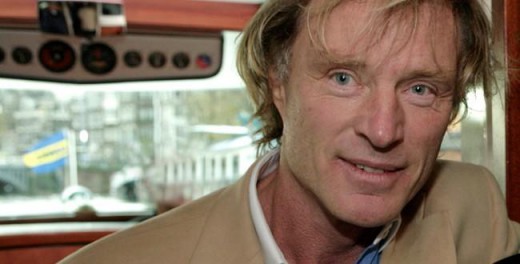
Curacao’s Prime Minister complained about the seemingly never-ending obstructions to his executive plans by civil servants. The Minister of Infrastructure put her foot down and insisted on law enforcement since, supposedly, the little island has more than 10,000 unlicensed structures. The Minister of Justice talked muscle power language since waves of crime are terrorizing the people and, again supposedly, all levels of government are infiltrated by organized crime.
Power seems to be seeping away from the island’s Government Executive. Will they be able to get it back and be in control again?
Devolution is process of granting powers from a central government of a sovereign state to govern at a sub level; it is a form of decentralization. Devolution in the Kingdom of the Netherlands, power away from The Hague, started by the creation of the Netherlands Antilles. On the magic date of 10-10-10, a further devolution took place with the formation of autonomous island governments. While local political parties and their cronies were engaged in lengthy power struggles, the real power leaked away to civil servants of departments and government institutions, where it was soon put up for sale to the highest bidder. Ever-alert organized crime did not hesitate for a second either, and quickly moved into the void, infiltrating “all levels of government,” and expanded the informal, or shadow economy. Whereas the formal economy shrank, year-after-year, the informal grew consistently.
Once the cat is out of the bag, it is very hard, if not impossible, to get it back in. The problems our government executives faces are;
– Mobility. Businesses, individuals, and organized crime are more and more making use of increased readily available, cheap and quick mobility, far beyond the jurisdiction of the little Caribbean island. Financial interests are smartly allocated to legal entities in an extensive network of competing jurisdictions. Many islanders have dual continental residences, and easily move between Caribbean, North and South America and Europe. The area-limited power of jurisdiction of Curacao has extremely little grip on its people any longer; they easily slip away to elsewhere. – More and more islanders are no longer registered on the island and no longer contribute to the quickly rising expenses of exercising law and order on the island. Formally the island’s population is stuck at about 150,000 inhabitants, but with about 1,000,000 visitors per year, many semi-permanent residents manage to fall through the cracks unnoticed. Estimates of undocumented immigrants vary from 25-30,000. Another 80,000 at least, live in The Netherlands and play the two-continents-game. Tax evasion has become a national past time. – The mentality of the people has changed dramatically. No longer does the close island community, with extensive social controls and high levels of moral code, exist. Secularization may have liberated the islanders from draconic church morals, but there was very little to replace it with but opportunism.
The Mobility-More-Mentality revolution that seized the power from naïve quarreling politicians is not going to be stopped by any government of a little Caribbean island. Instead of stalking the process, politicians better wake up and respond to the new reality, even as powerless servants of the State.
By Jacob Gelt Dekker
Opinion columnist for Curaçao Chronicle
Bron: CuracaoChronicle

